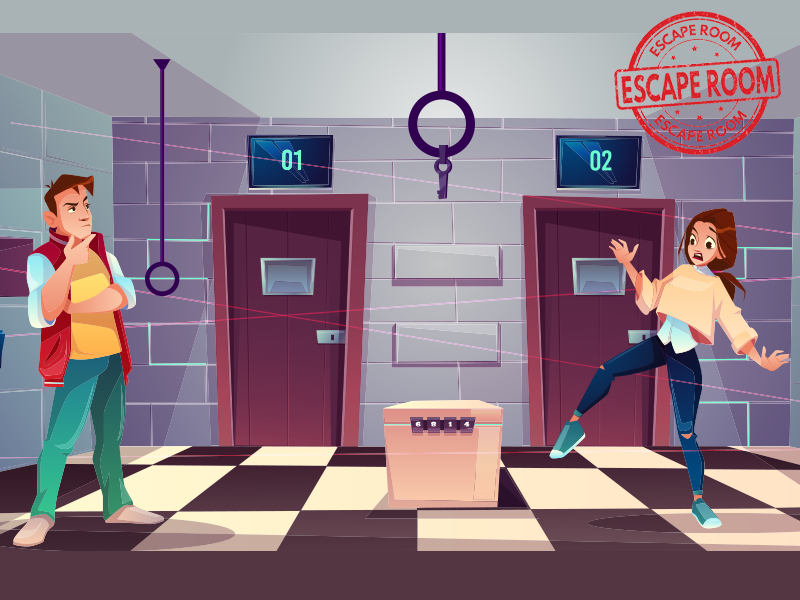How Music Shapes Our Gaming Experience
Game music is often the unsung hero of video games. It may not always be front and center, but it quietly drives emotion, immersion, and storytelling behind the scenes. From the first 8-bit melodies to sweeping orchestral epics, music helps turn games into something truly unforgettable.
Why Game Music Matters
When you launch a game, what’s the first thing that draws you in? Sometimes, it’s not the visuals or gameplay—but the music. Whether you’re sneaking through a creepy mansion or sprinting across a sunny field, the soundtrack sets the tone and colors your entire experience.
- A haunting soundtrack in a horror game intensifies fear.
- An upbeat tune in a platformer lifts your mood and energizes gameplay.
- Gentle ambient music during exploration encourages curiosity and calm.
And it’s not just background noise—it’s a key part of the emotional fabric of the game.
Immersion Through Sound
Game soundtracks do more than accompany what you see—they expand the world. Composers use ambient effects, spatial audio, and real-time changes to soundtracks to help players feel like they’re truly inside the game.
Examples of immersive sound techniques:
- Thunder in the distance foreshadowing a storm.
- Mechanical hums in a sci-fi lab setting.
- Faint echoes in a dark cave, enhancing the mystery.
These audio cues create presence, depth, and atmosphere—transforming pixels into places that feel real.
Music and Emotion: A Powerful Duo
Game music taps directly into our emotions. A good soundtrack can move you, surprise you, comfort you, or scare you.
- Joyful themes enhance victories.
- Slow, minor-key melodies support sadness or reflection.
- Fast-paced rhythms increase tension during battles.
This emotional connection is why players often remember a game’s music long after they’ve forgotten the gameplay itself.
Crafting Memorable Music
Writing game music takes more than musical talent—it’s about storytelling, pacing, and creating loops that don’t get annoying.
Essential elements of a strong game soundtrack:
- Recurring themes — Reinforce story arcs and characters.
- Adaptive transitions — Shift with game events or player actions.
- Distinct musical identity — Help the game stand out from others.
Great composers turn short loops into iconic themes players will hum for years.
Evolution of Game Music: Then and Now
We’ve gone from “beeps and boops” to Hollywood-level scores, and the results speak for themselves.
| Era | Technology Used | Sound Characteristics |
| 1980s | 8-bit / Chiptunes | Simple, catchy, highly limited by hardware |
| 1990s | MIDI & CD Audio | Richer sound, longer tracks, orchestration |
| 2000s–2020s | Full Digital Audio | Live recordings, orchestras, adaptive scoring |
| Present | Interactive & Spatial Audio | Real-time changes, VR/AR sound, AI music |
What’s Next: The Future of Game Soundtracks
As player expectations grow and technology continues to evolve, so does the potential for music in games.
What’s trending:
- Interactive music systems that shift in real time.
- Dynamic soundtracks that change based on player actions or decisions.
- Procedural music generation, where AI helps compose.
These innovations keep audio fresh and personalized—even on repeat playthroughs.
Sound Design: The Bigger Picture
Music is only part of a game’s audio identity. Sound design includes everything from footsteps to rain to voice acting—and it’s just as important.
- Ambient sounds build world realism.
- Voice lines add character depth.
- Environment-based audio (wind, water, fire) brings immersion to life.
When done well, players stop thinking about sound—and start feeling it.
In Conclusion
Game soundtracks have come a long way—and their role has never been more important. They breathe life into virtual worlds, build emotional connections, and make games memorable long after the screen goes dark.
“A great soundtrack doesn’t just play with the game—it plays through the player.”
Key Takeaways:
- Game music enhances mood, storytelling, and immersion.
- Modern soundtracks use advanced tech to respond to gameplay.
- The future lies in dynamic, adaptive, and even AI-generated audio.
The future lies in dynamic, adaptive, and even AI-generated audio.











